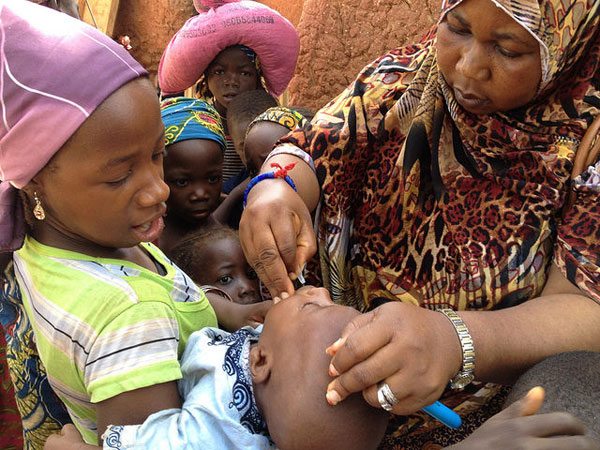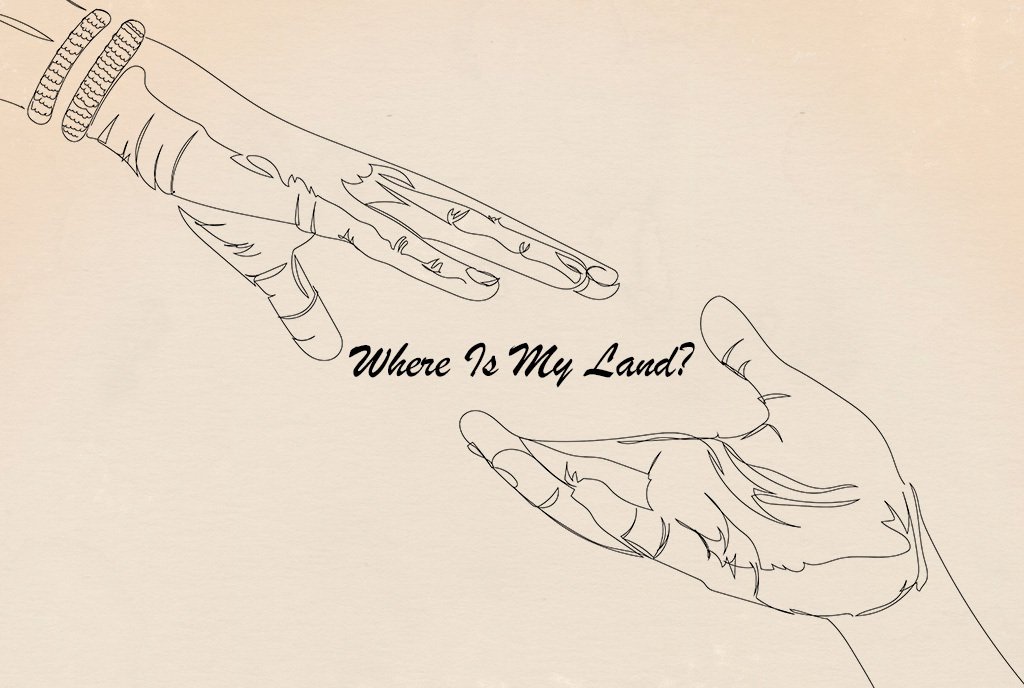
January 15, 2018; Quartz, “Africa”
The stated goal of the Bill and Melinda Gates Foundation is to “reduce inequities and improve lives around the world,” with a focus on three main areas: global health, global development, and a US-based program for education and access to technology in low-income communities. Among the foundation’s top health priorities is the eradication of polio, which they are working to accomplish through vaccination campaigns, improving the outbreak response, and galvanizing support for eradication efforts.
The Gates Foundation’s financial and technical support for the Global Polio Eradication Initiative has taken many forms, thanks to the foundation’s “unique ability to contribute by taking big risks and making nontraditional investments.” Among those investments is the foundation’s repayment of a $76 million Japanese loan for polio eradication in Nigeria. The loan was taken out in 2014 and repayments were slated to begin this year. Gates agreed to repay the loan after Nigeria met the condition of achieving more than 80 percent vaccination coverage in at least one round each year in very high-risk areas across 80 percent of the country’s local government areas. The loan will be repaid over a period of 20 years.
Polio has no cure, but it can be prevented through consistent and widespread immunization. Eradication efforts seem to be paying off, as Nigeria saw no new recorded cases of polio in 2017, a huge improvement over just five years ago when Nigeria was home to more than half of all polio cases worldwide. Although polio has been virtually wiped out across the globe, access to vaccinations is limited in Nigeria’s northeast due to continued insurgency. This has left some children at risk of the disease out of reach of health and immunization workers.
Assistance in repaying this debt is hugely beneficial to Nigeria. Home to Africa’s largest economy, taking the loan off of the government’s balance sheet enables Nigeria to direct its resources to other pressing needs. An investment of this kind and of this magnitude has the potential to make huge waves on a geopolitical scale.
The Gates Foundation has been a major player on the global stage for almost two decades and its support of initiatives like eradicating polio has sent shockwaves through international aid and foreign policy. Gates is the world’s largest private philanthropic organization and spends just over $3 billion a year on development assistance, which is about one-tenth of the US aid budget and almost one-fiftieth of the global aid budget, which stands at $143 billion.
Sign up for our free newsletters
Subscribe to NPQ's newsletters to have our top stories delivered directly to your inbox.
By signing up, you agree to our privacy policy and terms of use, and to receive messages from NPQ and our partners.
Back in 2008, a report entitled The grand impact of the Gates Foundation. Sixty billion dollars and one famous person can affect the spending and research focus of public agencies examined the influence of the Foundation after nearly ten years of operation. Among its impacts, according to this article, is their Grand Challenges for Global Health initiative, which altered the federal spending allocations of the National Institutes of Health.
Mega-donors like the Gates Foundation also have a measurable influence on foreign policy. Gifts from foundations like these can propel development forward. Spending decisions by the Gates Foundation have wide-ranging consequences for huge numbers of people, and that is a clear demonstration of the power wielded by donors operating at this level.
Foreign aid has long been a political instrument, with countries granting and cutting funding in response to political tensions. That makes funders like the Gates Foundation that fund multi-million dollar projects internationally political actors on the foreign stage.
While humanitarian concern is touted as a primary purpose, aid is often driven by strategic and commercial interests. Funders of foreign aid, governmental or non-governmental, wield tremendous power to decide where, what, when, and how to give their money. Studies on the power held by mega-donors and the political impact of huge donations include a recent book that describes how large-scale giving from the new wave of billionaire philanthropists concentrates power among the few and thus undermines democracy.
With foreign aid increasingly on the chopping block, the influence of private donors like the Gates Foundation is likely to rise. Disease eradication has often depended on non-governmental funding; the research that lead to Jonas Salk’s development of the polio vaccine was funded by the National Foundation for Infantile Paralysis, now known as the March of Dimes Birth Defects Foundation.—Mi Lovejoy












